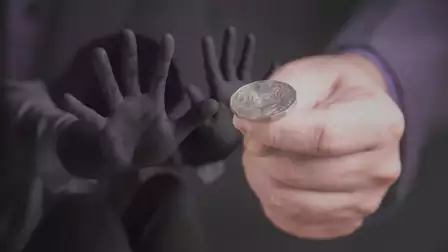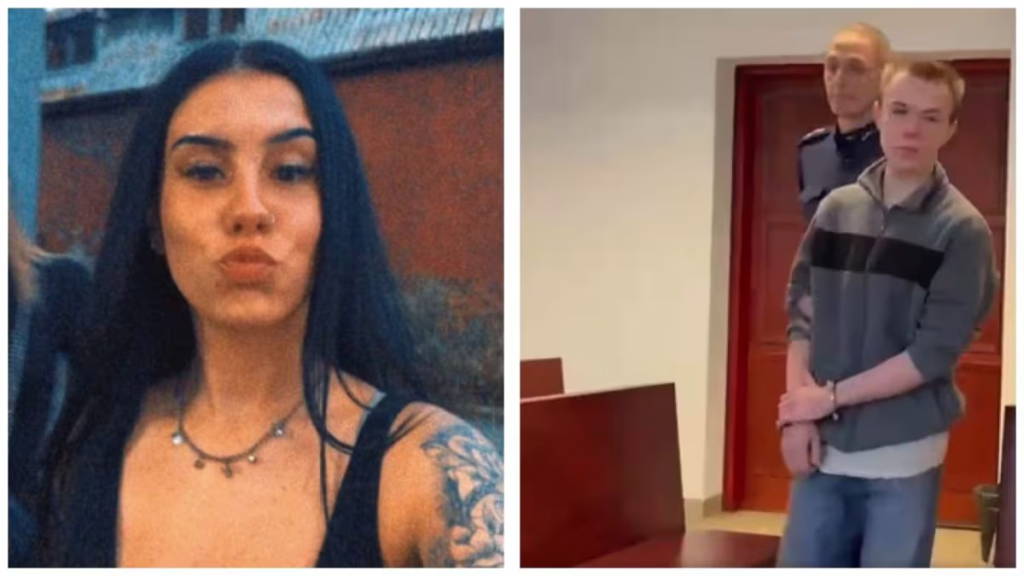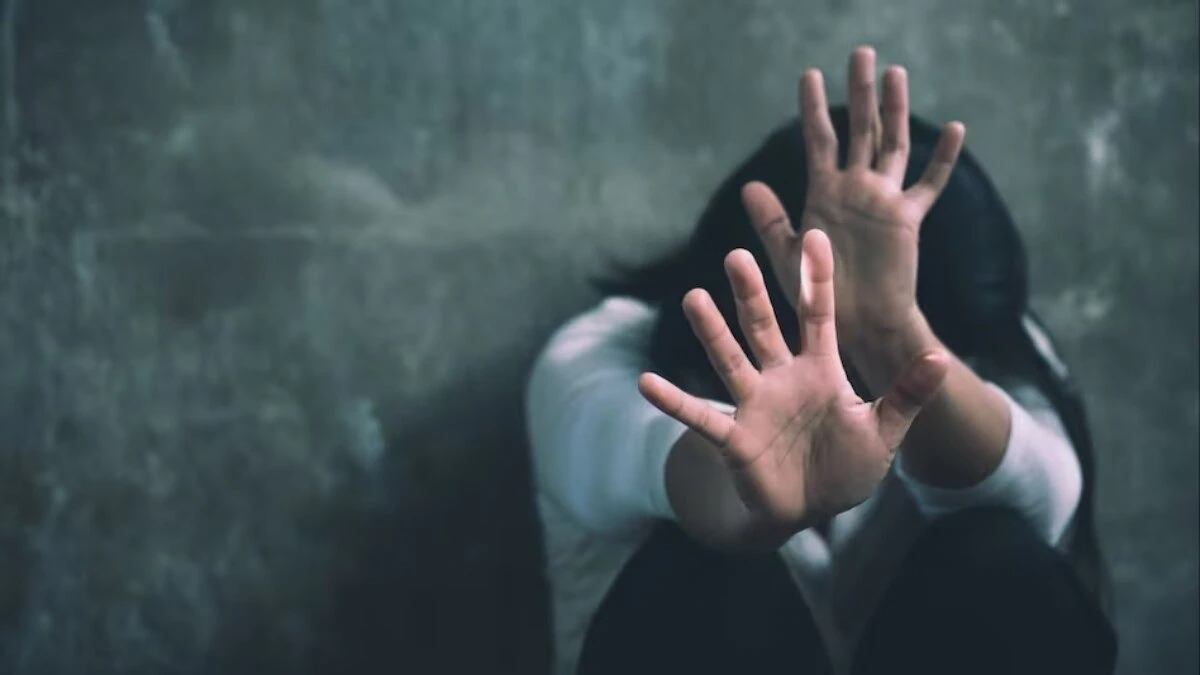The tragic and horrifying murder of 18-year-old Wiktoria Kozielska in Katowice, Poland, has left a nation in shock and disbelief. The brutal killing, carried out by 20-year-old Mateusz Hepa, revealed a chilling lack of remorse and a deeply unsettling method of decision-making.
Hepa’s reliance on a coin toss to determine whether to kill Kozielska is a grim reminder of the depths of human depravity. This blog delves into the crime, the chilling confession, and the broader implications of such an atrocity.
The Crime: A Coin Toss to Kill
Wiktoria Kozielska, a vibrant young woman returning home from a party in Katowice, could never have anticipated the horror awaiting her. On a seemingly ordinary evening in August 2023, she crossed paths with Mateusz Hepa, a car repair shop worker who had just finished his shift. Hepa lured Kozielska to his apartment under false pretenses, initiating a series of events that would culminate in her murder.
Mateusz Hepa’s chilling confession revealed a macabre indifference to human life. He described how he decided Kozielska’s fate with a simple toss of a coin. “It landed on heads, so I killed her,” he stated during his trial. He admitted that had the coin landed on tails, she would still be alive. This casual, almost flippant approach to such a heinous act is difficult to comprehend and has sent shockwaves across Poland and beyond.
Once Kozielska fell asleep in his apartment, Hepa made his decision. He brutally beat her and then strangled her with a rope. His motive, as he stated, stemmed from an uncontrollable urge to kill, a chilling sentiment that resonates with the darkest corners of human psychology. Following her death, Hepa desecrated Kozielska’s body, a heinous act that underscores the depth of his depravity.
The Chilling Confession and Trial
Hepa’s confession, delivered in court in January 2024, was a harrowing account of premeditated violence. He admitted that he had contemplated killing someone for a long time and had roamed the streets of Katowice looking for a victim. Kozielska was tragically in the wrong place at the wrong time.
The trial revealed details of Hepa’s deranged mindset. He described his decision-making process, relying on a coin to determine whether to spare or take a life. His reasoning for choosing strangulation—because it was less messy—reflects a level of calculation that is both chilling and appalling. Hepa recounted how Kozielska struggled but was ultimately overpowered, her life extinguished in a senseless act of violence.

The aftermath of the murder was equally disturbing. Hepa admitted to having sex with Kozielska’s corpse, an act of necrophilia that added another layer of horror to the crime. He then attempted to dispose of her body, wrapping it in plastic and a blanket with plans to burn it. Overcome by the enormity of his actions, he contacted the police, leading to his arrest just hours after the body was discovered.
Read : Kenya is Planning to Kill 1 Million Indian House Crows in the Next Six Months
In court, Hepa expressed no genuine remorse. His statements—such as “I thought I would feel better after committing murder”—highlight a deeply disturbed individual. As Kozielska’s grieving parents listened to his testimony, the courtroom was filled with anguish and outrage. Friends of the victim shouted at Hepa as he was escorted out, their cries of “You should f***ing die” a testament to the pain he caused.
Implications and Reflections on a Senseless Tragedy
The murder of Wiktoria Kozielska raises profound questions about the nature of evil and the fragility of human life. Hepa’s use of a coin toss to determine whether to commit murder is reminiscent of the plot of The Dice Man, a controversial novel where decisions are made by rolling a die. However, unlike fiction, Hepa’s actions had devastating real-world consequences.
This case also shines a light on the importance of mental health awareness and intervention. Hepa’s confession that he had long contemplated killing someone suggests a history of dark thoughts and potential warning signs that may have gone unnoticed. While this does not excuse his actions, it highlights the need for society to address the root causes of such behavior to prevent future tragedies.

For Kozielska’s family and friends, the pain of their loss is immeasurable. Wiktoria was a young woman with her whole life ahead of her, cruelly taken by someone who viewed her life as a coin toss away from death. Her murder serves as a stark reminder of the unpredictability of human violence and the importance of vigilance in safeguarding vulnerable individuals.
Hepa’s trial, set to continue in February 2024, may bring some closure to Kozielska’s loved ones, but the scars of this tragedy will remain. The possibility of a life sentence for Hepa is a small consolation for a family that has lost so much. The case has also sparked widespread outrage and calls for justice, with many demanding harsher penalties for such heinous crimes.
As society grapples with the horror of this case, it is essential to honor Kozielska’s memory by working toward a world where such senseless violence is no longer a reality. This means addressing the factors that contribute to such acts, from mental health issues to societal neglect, and fostering a culture of empathy and accountability.

